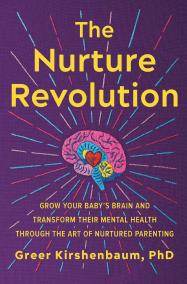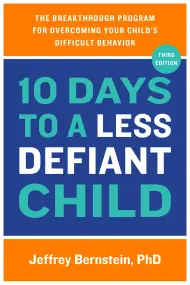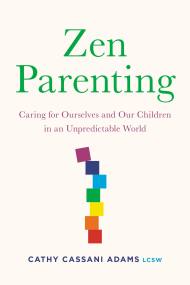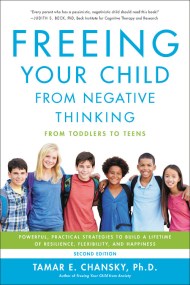By clicking “Accept,” you agree to the use of cookies and similar technologies on your device as set forth in our Cookie Policy and our Privacy Policy. Please note that certain cookies are essential for this website to function properly and do not require user consent to be deployed.
Overcoming ADHD
Helping Your Child Become Calm, Engaged, and Focused -- Without a Pill
Contributors
With Jacob Greenspan
Formats and Prices
Price
$25.00Price
$31.95 CADFormat
Format:
- Hardcover $25.00 $31.95 CAD
- ebook $13.99 $17.99 CAD
This item is a preorder. Your payment method will be charged immediately, and the product is expected to ship on or around August 11, 2009. This date is subject to change due to shipping delays beyond our control.
Also available from:
-
BookViews.com
“Addresses the fact that schools have been pushing the ADHD diagnosis (Attention Deficit Hyperactivity Disorder) now for years and pressuring parents into drugging their children with Ritalin. The author brings 35 years of clinical practice as a child psychologist to bear on the topic.”
InfoDad blog, 9/17
“A bold book, willing to look past the apparent simplicity of using a pill to counter a life-altering condition toward a more difficult and time-consuming approach that has the potential to improve patients’ long-term living conditions…For parents determined not to give psychoactive medicines to children with attention-related disorders, Greenspan points the way toward a potentially excellent alternative approach to treatment, and provides the basics of how to go about implementing it…Greenspan’s ideas are excellent…A thoughtful approach to a serious health problem.”
Midwest Book Review
“It shows how kids can learn to engage, understand their senses and maintain focus without medication and offers an alternative set of ideas for parents and educators seeking different management approaches.”
-
Publishers Weekly, 6/1/09
“offer[s] the straightforward advice, information and support eagerly sought by parents of special needs kids”
Blogcritics.org, 7/26/09
“A short, to the point, easy to read book promoting behavioral strategies to consider before seeking medication for ADHD. This book will be helpful to parents of young children who have been diagnosed with ADHD (or ADD) and to parents of undiagnosed children who display some degree of what I call 'ADD-ishness'.”
Columbus Parent(OH), August 2009
“Provides a comprehensive approach to treating ADHD effectively and without drugs.”
Blogcritics.org, 8/9/09
“Provides a variety of suggestions a parent, caregiver, teacher, or counselor can follow…I would highly recommend any parent, educator, doctor, psychologist, psychiatrist, or minister read Overcoming ADHD and apply its suggestions to their charges, if they seriously want to help a child or adult typically labeled ADHD. The book is written in layman’s terms. It is fascinating. It is extremely well organized. It is hopeful. It is easy to follow. It just might start a more promising life for a problem child.”
- On Sale
- Aug 11, 2009
- Page Count
- 208 pages
- Publisher
- Balance
- ISBN-13
- 9780738213552
Newsletter Signup
By clicking ‘Sign Up,’ I acknowledge that I have read and agree to Hachette Book Group’s Privacy Policy and Terms of Use







